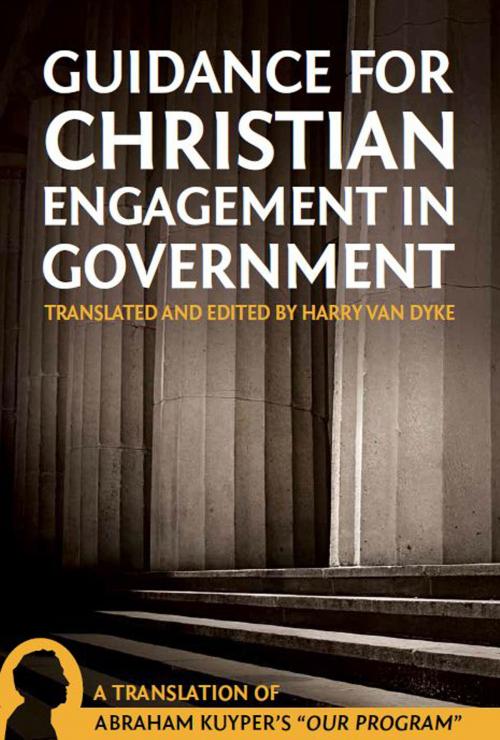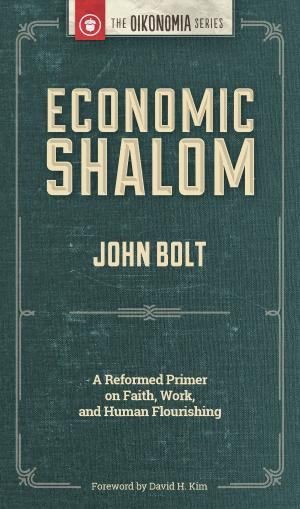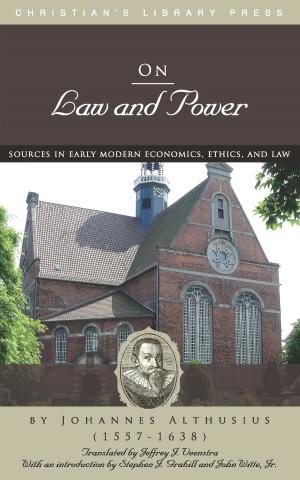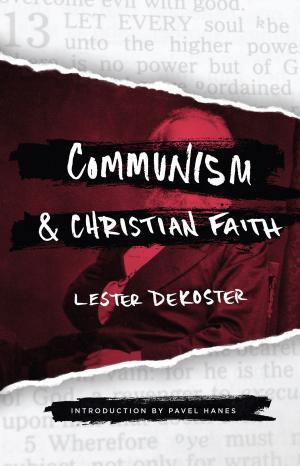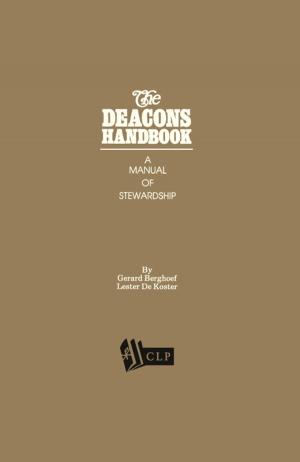Guidance For Christian Engagement In Government
Nonfiction, Religion & Spirituality, Christianity, Christian Life| Author: | Abraham Kuyper | ISBN: | 9781938948756 |
| Publisher: | Christian's Library Press | Publication: | December 14, 2013 |
| Imprint: | Smashwords Edition | Language: | English |
| Author: | Abraham Kuyper |
| ISBN: | 9781938948756 |
| Publisher: | Christian's Library Press |
| Publication: | December 14, 2013 |
| Imprint: | Smashwords Edition |
| Language: | English |
Abraham Kuyper’s Our Program was originally written to inform people participating in the Dutch general elections of 1879. The French Revolution was long over, but not its ideas. The influence of modern life and its secularizing influence was growing and reshaping the minds and hearts of Europeans and the rest of the Western world. What should the Dutch people believe and understand on the basis of Scripture, sound reason, and common sense?
Kuyper reminded them of their Dutch Calvinist heritage and the legacy left to them by the freedom fighters against Spanish tyranny in the sixteenth century. But Kuyper wisely concluded that they should not strive for a “Calvinist utopia” but rather for a pluralist state, one in which all groups enjoy a level playing field as they try to enlist support for their vision of a just society. So he laid out the intellectual architecture of what we now call “sphere sovereignty,” an ordering principle that takes on new and contemporary relevance as globalization reorganizes governmental and nongovernmental jurisdictions.
Kuyper’s antirevolutionary (or Christian-historical) vision attempts to remedy the failure of modernity to satisfy the human spirit and its propensity to establish monstrous tyranny. As the emancipator of the then still disenfranchised middle and lower classes in his country, Kuyper in this English translation of his seminal foray into political theory and practice takes his place beside Locke and Tocqueville as a titanic European intellect whose thought can help us understand the American experiment in religious liberty and constitutional democracy.
Abraham Kuyper’s Our Program was originally written to inform people participating in the Dutch general elections of 1879. The French Revolution was long over, but not its ideas. The influence of modern life and its secularizing influence was growing and reshaping the minds and hearts of Europeans and the rest of the Western world. What should the Dutch people believe and understand on the basis of Scripture, sound reason, and common sense?
Kuyper reminded them of their Dutch Calvinist heritage and the legacy left to them by the freedom fighters against Spanish tyranny in the sixteenth century. But Kuyper wisely concluded that they should not strive for a “Calvinist utopia” but rather for a pluralist state, one in which all groups enjoy a level playing field as they try to enlist support for their vision of a just society. So he laid out the intellectual architecture of what we now call “sphere sovereignty,” an ordering principle that takes on new and contemporary relevance as globalization reorganizes governmental and nongovernmental jurisdictions.
Kuyper’s antirevolutionary (or Christian-historical) vision attempts to remedy the failure of modernity to satisfy the human spirit and its propensity to establish monstrous tyranny. As the emancipator of the then still disenfranchised middle and lower classes in his country, Kuyper in this English translation of his seminal foray into political theory and practice takes his place beside Locke and Tocqueville as a titanic European intellect whose thought can help us understand the American experiment in religious liberty and constitutional democracy.
